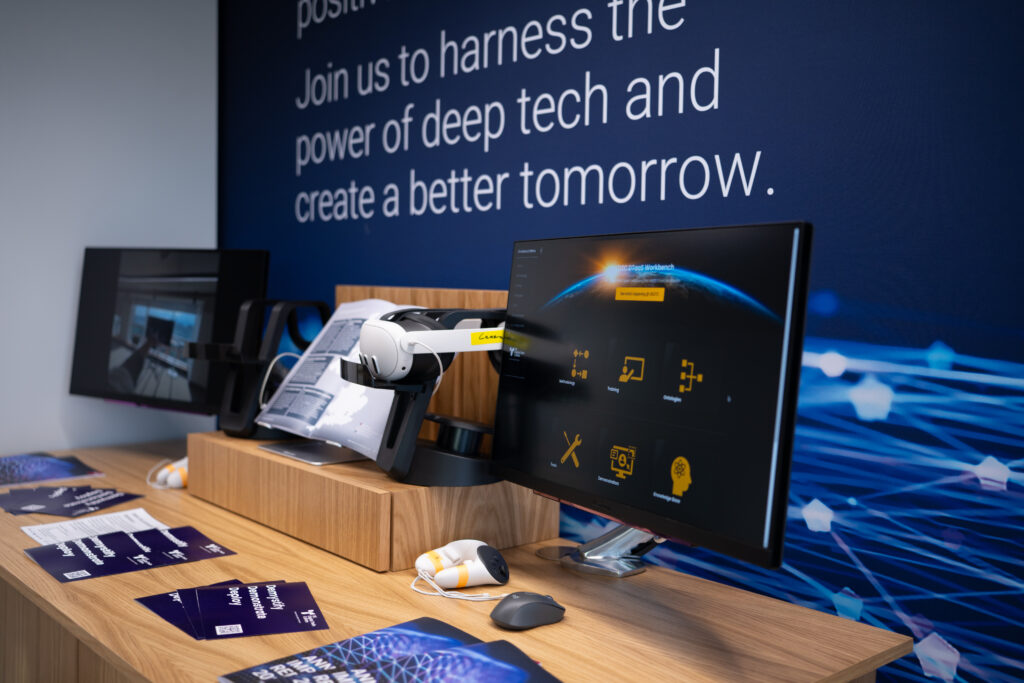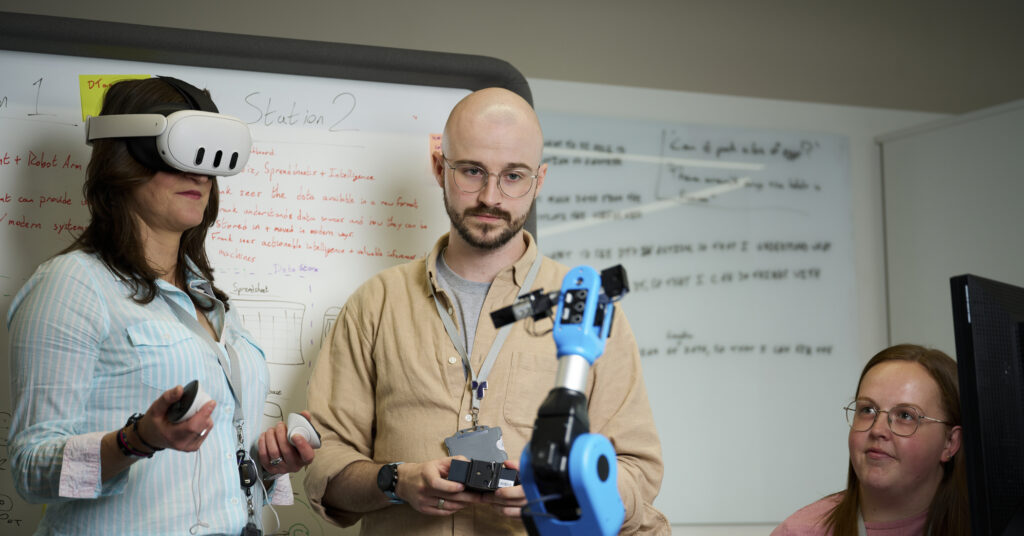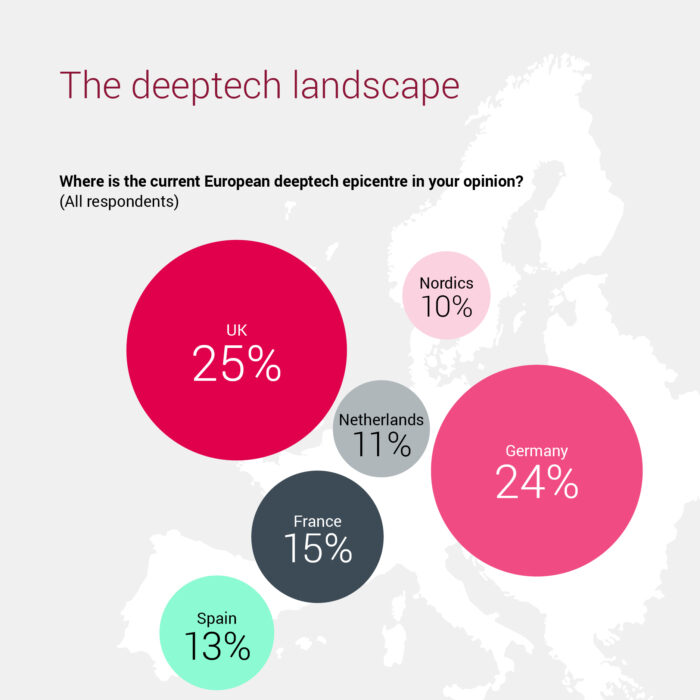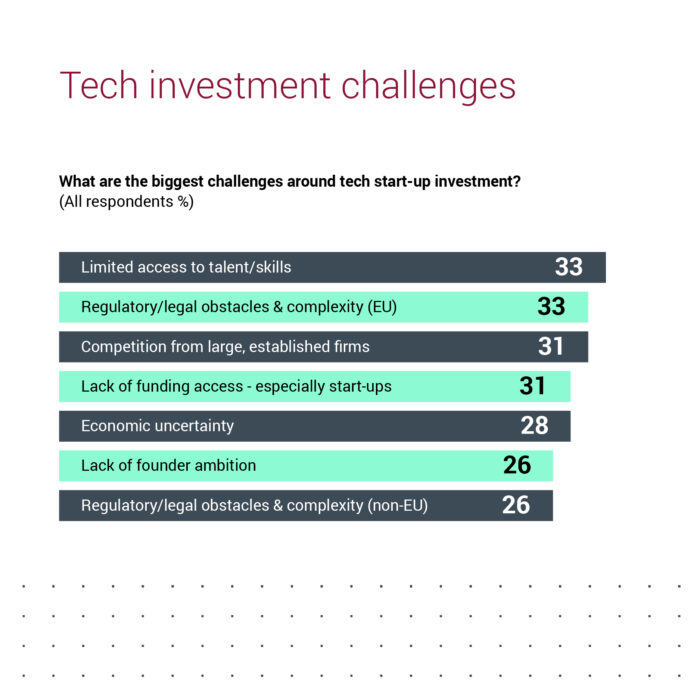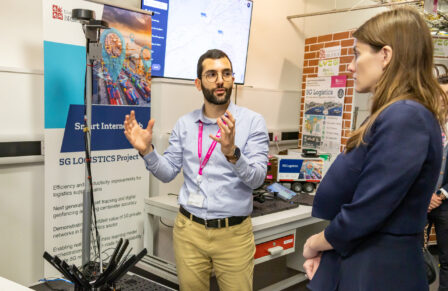The most sought-after founder skill varies across different countries. In the UK, passion and drive for their idea (26%) stood out amongst respondents instead of leadership skills or industry knowledge.
Q2. What qualities comprise a strong founding team for deep tech startups?
Priya Guha: A successful deep tech startup team thrives on a mix of skills and experiences. Through my work as a Venture Partner at Merian Ventures, investing in women-led innovation, and on the Investment Governance Board at Future Planet Capital, I see a wide range of founders. The smartest ones understand the power of bringing together a co-founding or senior leadership team with complementary expertise. For example, having team members who get product market fit, sales, and marketing from early on is a game-changer. It’s not just about having brilliant research; it’s about turning that research into a business that works. So, think beyond tech skills – build a team that’s a powerhouse in every way!
Joe Jordan: What we like to see are diverse skill sets split between technical and commercial abilities amongst the founding team. Typically, some founding team members might have deep expertise in relevant scientific and technological areas and then other team members will have the business knowledge that understand how to commercialise the technology or the innovation that they’ve built.
Second to that is their vision and adaptability. When you’re commercialising or building a deep tech business, you need to see the long-term vision and goal, what this technology can transform whilst also executing in a rapidly evolving landscape. For example, pivoting to commercialise certain aspects of the business that you might not have thought of. As a strong deep tech founding team, every decision is thought about and strategically done for where you ultimately see the technology and business going. Being able to see that A to Z, and then executing and being adaptable for the A to B is key.
For investors, limited access to talent (33%) and regulatory complexity (33%) are deemed potentially limiting factors in backing technology startups in the UK.

















